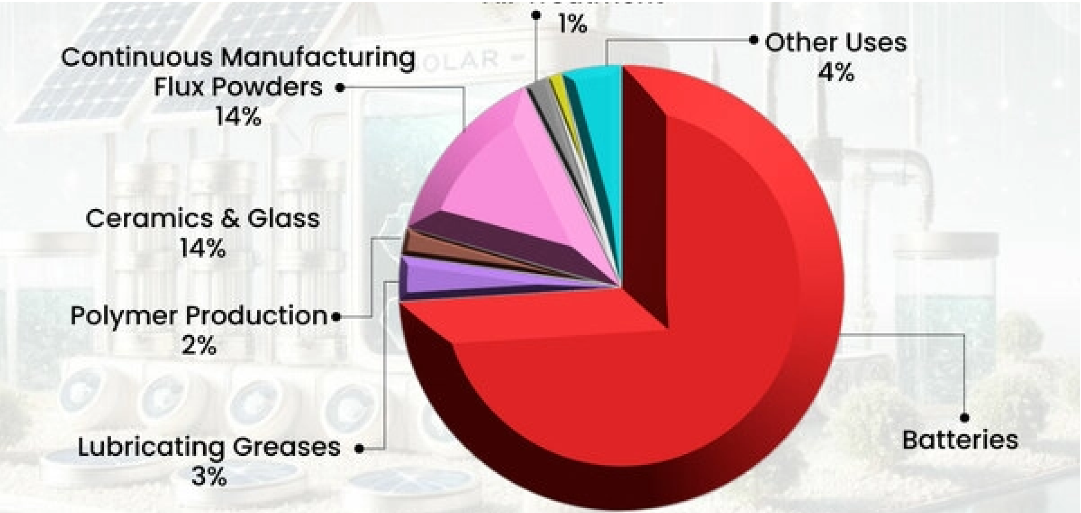Net Zero Emissions can Reduce Earth’s Biodiversity Loss in 2025
Biodiversity across the world is under crippling threats, and according to a report published in 2025, enormous stress is being induced on different ecosystems around the world. The report explains that almost all Key Biodiversity Areas (KBAs) in the world are at risk from habitat mosaicking, climate change, and pollution.
Threats to resources on earth stem from overexploitation of agriculture and livestock farming. KBAs undergo land cover alterations to accommodate agriculture and livestock grazing in nearly 30% of KBAs. This significantly impacts the availability of suitable habitats for species. Combined with the problem of deforestation to facilitate urban expansion, the expansion of cities through deforestation affects roughly 25% of critical ecosystems, endangering wildlife and plants. Climate change, which is also of great concern, along with increasing temperatures and changing climatic conditions, impacts more than 20% of droughts and floods, which are biodiversity hot spots.
These factors take a heavy toll on the natural habitats of many animal species, which results in their displacement and causes damage to natural ecosystems. The vicious cycle of biodiversity loss and net-zero deforestation has one significant inter-corrective: fulfilling carbon neutrality could reasonably restore multiple fragments through reforestation. However, poorly planned strategies could just as quickly do a disservice. For example, deforestation and unsustainable land use practices for bioenergy farming threaten at least 25 % of ecosystems. In 2025, it might imply tackling the agriculture that sustains 30% of the economically enabled biodiversity areas, which instead threatens food systems and biodiversity reliance.
It is highlighted that more effort needs to be made toward conservation strategies and land-use planning, and there must also be a global focus. Governments and other bodies are increasing their funding in activities like sustainable agriculture, reforestation, and carbon offset programs to preserve biodiversity.
Moreover, environmentally damaging activities are being alternatively solved by technology through AI surveillance, satellite monitoring, and green agriculture. Protecting the planet's natural ecosystems, fauna, and flora is paramount because over 50% of the world's KBAs are at risk and thus, conservation efforts must be taken first. Policymakers, humanitarian organizations, private sectors, and the public must act accordingly.
Alteration in biodiversity at an international level can have dire consequences on the economy and food security. The result of losing biodiversity poses high risks to the ecosystem's health which relies on core services such as pollination, water purification, and even soil fertility. Such shifts will reduce agricultural production, increase food prices, and lead to famine, particularly in poorer regions. Nature-based sectors like agriculture, fishing, and logging will probably suffer reduced output and increased costs, which will deepen the economic turmoil of 2025 and beyond.

